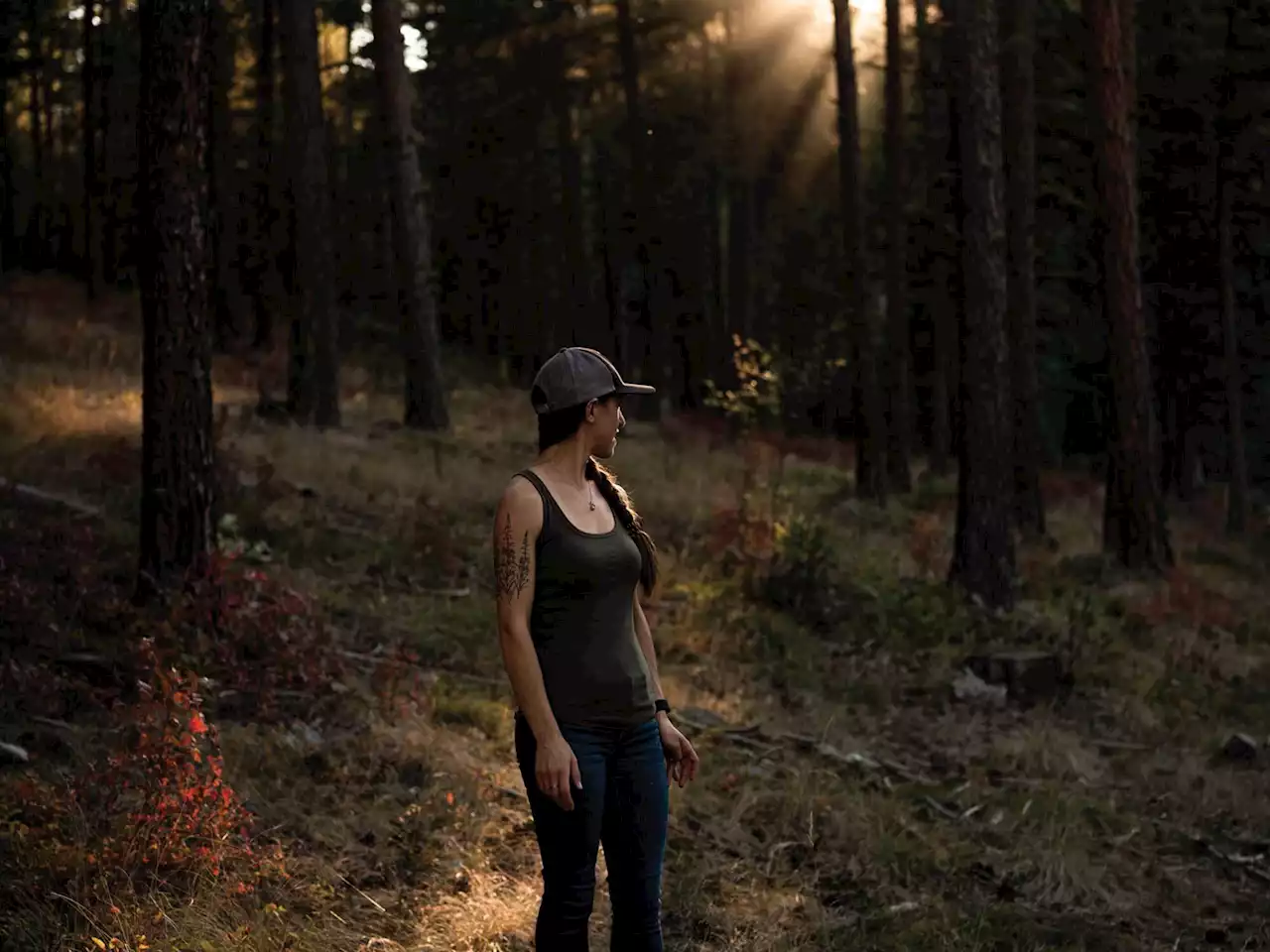Many first responders, including wildland firefighters, are reluctant to speak about health issues like LongCovid for fear of losing their livelihoods. (via mileswgriffis/highcountrynews)
In a review published last year, Kathleen Navarro, a researcher at the National Institute for Occupational Safety and Health, noted that particulate matter—including the hazardous mixture of small particles and droplets found in wildfire smoke—could contribute to a greater likelihood of COVID-19 infection in wildland firefighters, as well as more severe illness. “It’s not only the risk of transmission or getting COVID,” said Navarro. “It’s also the severity of outcomes.
Bossler continued to work on her crew through the summer, despite lingering symptoms. But then, in late August, she found out she was pregnant. She said she likely conceived around the time she first contracted COVID-19 in early July 2020. Now, over two years since she first contracted COVID, Bossler continues to experience debilitating long COVID symptoms. She cannot walk more than half a mile without feeling fatigued and also struggles with headaches and memory loss, and has difficulty paying attention. She has chest pain that she says has worsened significantly since she was reinfected in June.
“ careers depend on our health and us being able to respond to a fire or an emergency at any point of time, despite how we feel,” said Karyn Bishof, the founder of the COVID-19 Longhauler Advocacy Project, a nonprofit advocating for education, research and patient welfare. She said that many first responders, including wildland firefighters, are reluctant to speak about health issues for fear of losing their livelihoods.
Because there is no cure for long COVID, Bishof said that preventing COVID-19 and increasing public awareness of its long-term consequences are paramount, especially in protecting first responders. She’s concerned that if long COVID continues to affect one of every five infected people, it will inevitably effect public safety. “If we lose that percentage of that workforce, what does that mean for emergency response times?” she asked.
Looking back at her experience over the past two years, Bossler says the Forest Service needs to develop policies that help protect firefighters from long COVID, as well as provide support for those affected by it. She was forced to leave her job at the Forest Service when she went into early labor. “It was a medically forced resignation,” she said.
